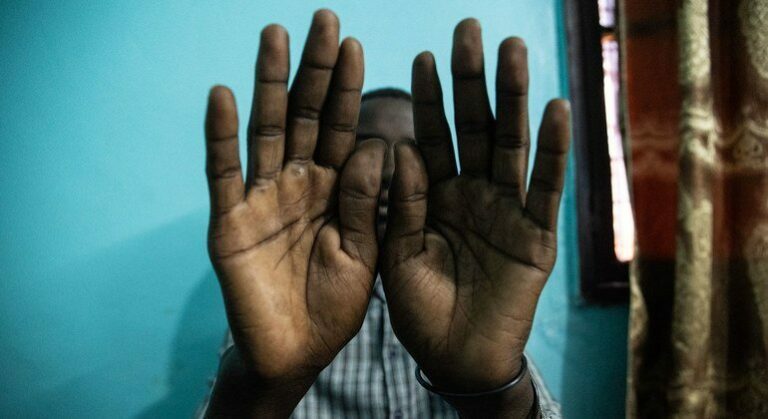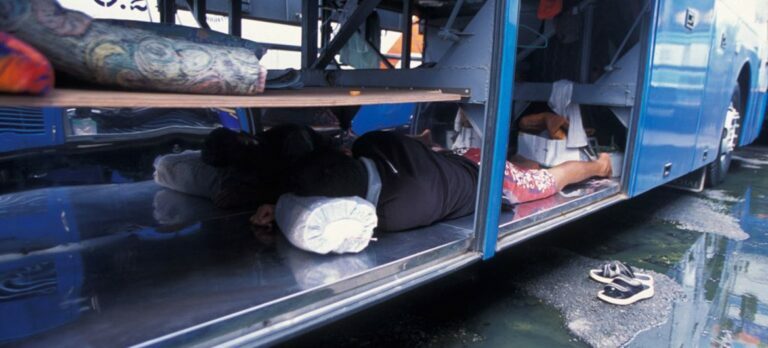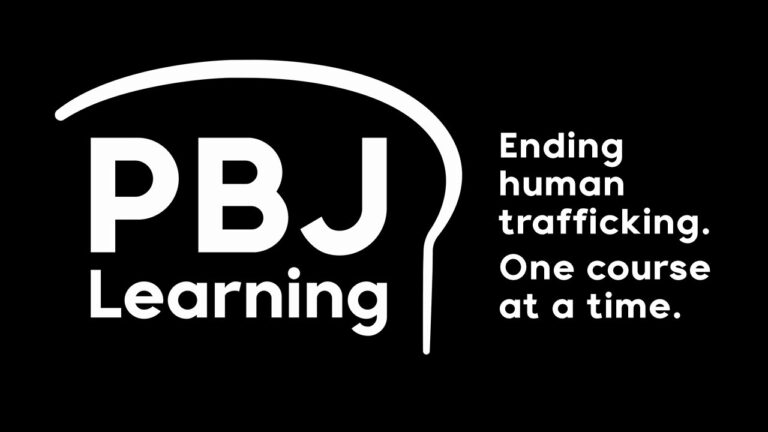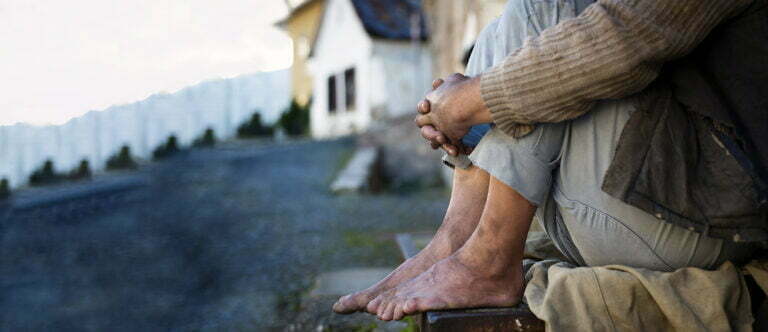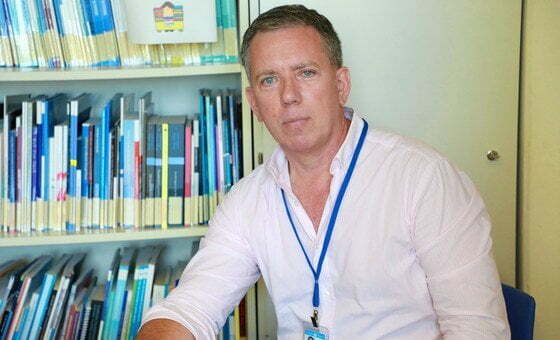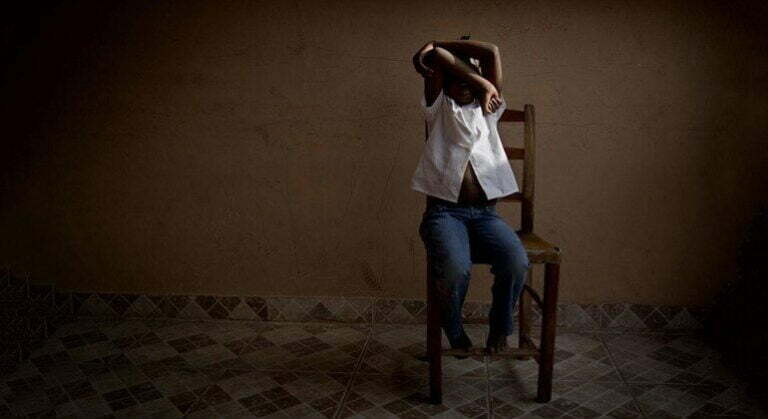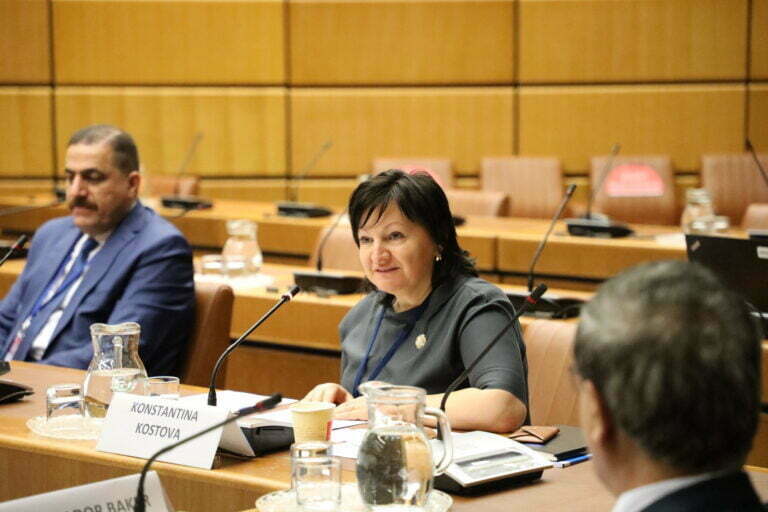Traffickers abusing online technology, UN crime prevention agency warns
Research conducted by the UN Office on Drugs and Crime (UNODC) shows how victims are being targeted and recruited via social media and online dating platforms, where personal information and details of people’s locations are readily available.


